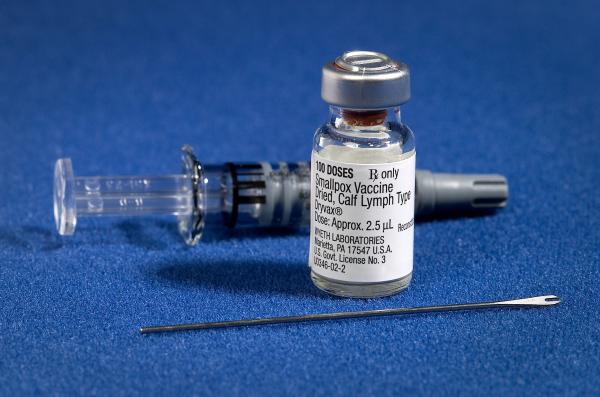Smallpox and rinderpest have been relegated to the dustbin of history. Thanks to vaccines and a massive, coordinated global effort, these two viruses have been wiped off the face of the Earth. Would it be possible to do the same with SARS-CoV-2, the novel coronavirus that causes COVID-19?
Absolutely not. There are several reasons why.
Coronavirus can be present in asymptomatic carriers. Some infectious diseases, like smallpox, have few if any people who are asymptomatic carriers -- that is, people who are infected but don't show any symptoms. The problem with asymptomatic carriers is that they make it very difficult to hunt down the microbe when it can essentially "hide" inside of certain people. The most classic case of an asymptomatic carrier is that of "Typhoid Mary," who was chronically infected (but symptom-free!) with Salmonella. She was a cook, so everywhere she went, she inadvertently poisoned and killed people.
The same is true of SARS-CoV-2. Far too many people can be asymptomatic carriers, making the virus tough to track down.
Coronavirus can infect many different kinds of animals. Smallpox only infected humans, which is why it was a disease that was relatively easy to eradicate. But microbes that can infect a wide range of animals will be nearly impossible to eradicate. Rabies, for instance, can infect any mammal, which means it will never be eradicated. It simply isn't possible to track down and vaccinate every raccoon or possum in the world. Similarly, SARS-CoV-2 or similar viruses can infect bats, pangolins, and possibly a whole host of other species, such as primates, rodents, and whales. Recently, we learned that the coronavirus can infect minks.
There is no highly effective vaccine or antiviral treatment for coronavirus. A disease that can be eradicated must be either preventable or curable. Smallpox is preventable with a vaccine. Hepatitis C is curable with certain antiviral drugs. (Because of this, some in the biomedical community are pushing for the eradication of hepatitis C.) But a highly effective vaccine for COVID is unlikely, given that humans probably don't develop long-lasting immunity to coronaviruses. Besides, some vaccines are unimpressive to begin with. The 2017-18 seasonal flu vaccine, for instance, was merely 38% effective.
There's one more thing that is required to eradicate an infectious disease: A concerted global effort. Imperfect as they are, that's why institutions like the World Health Organization are absolutely crucial. Without a doubt, millions are working around the globe to fight the coronavirus, but it won't be enough. The basic biology of the disease will prevent eradication.




